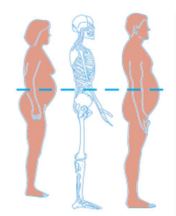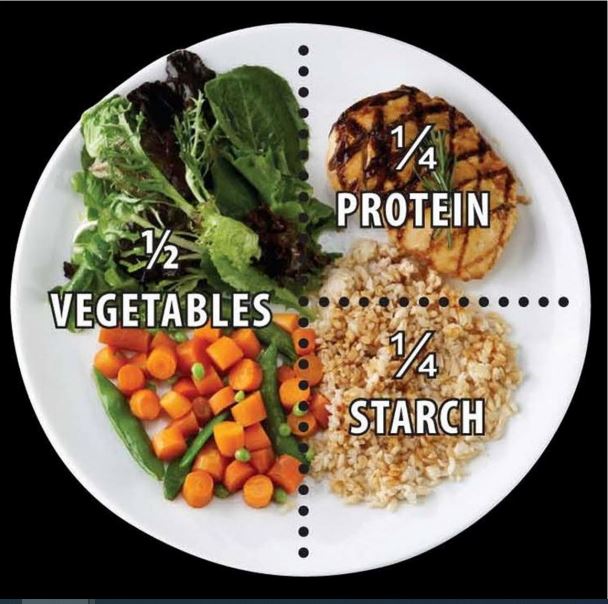Some of our patients report changes in their eating habits due to their conditions and others seek advice on developing a healthier diet.
There is also a lot of misinformation to be found online about certain foods. We can provide you with trustworthy and accurate information about healthy eating and nutrition from reputable sources such as Macmillan.
Input from a dietician may be required for patients that struggle to maintain a healthy weight; get in touch with us if you are concerned for more information.
Our aim to provide you with the following information:
- outline recommendations for reducing cancer risk
- describe a healthy diet
- talk about some of the myths around cancer
- discuss maintaining a healthy weight
- allow you to make informed decisions regarding your eating and drinking habits
- moving forward
Cancer Myths
Superfoods can prevent cancer: green tea; kale; blueberries
- No specific foods alone can have a major influence over cancer risk
- Aim for a ‘super diet’ rich in a wide variety of fruits and vegetables.
Sugar feeds cancer
- Unhelpful over-simplification of the science
- There’s no evidence that following a “sugar-free” diet lowers the risk of getting cancer, or boosts the chances of surviving if you are diagnosed
- BUT high intakes of sugar are linked to obesity and obesity is linked to increased risk of cancer.
What is a healthy body weight?
BMI 18.5 – 25kg/m2
- BMI below this – underweight
- BMI above this – overweight
Waist circumference
- <94cm (37 inches) in men
- <80cm (31.5 inches) in women

NHS Choices 12-week weight loss plan
The keys to success:
- Make realistic changes to your diet and physical activity that can become a part of your regular routine.
- The best way to lose weight is to make longterm changes to diet and physical activity that result in a steady rate of weight loss.
- Aim to lose weight at around 0.5kg to 1kg a week (1lb to 2lb), until you achieve a healthy body mass index (BMI).
Weight conscious plate

If you need to gain weight
- fortify normal foods with high calorie options
- nourishing drinks
- high energy high protein snacks
- oral nutritional supplements – over the counter products – prescribed products
- small meals with frequent snacks and nourishing drinks
Side effects of treatment
- swallowing difficulties
- dry mouth
- taste changes
- altered bowel habit
- reduced nutrient absorption
- pancreatic enzyme replacement therapy
- reduced appetite
Useful resources
- World Cancer Research fund
- Cancer Research UK
- NHS choices weight loss plan
- What is a 5 a day portion?
- What does a healthy portion look like?
- Wiltshire farm foods
- British nutrition foundation
- The building-up diet
- Eating problems and cancer
- Healthy eating and cancer
- Worthing food foundation
- Recipes for people affected by cancer